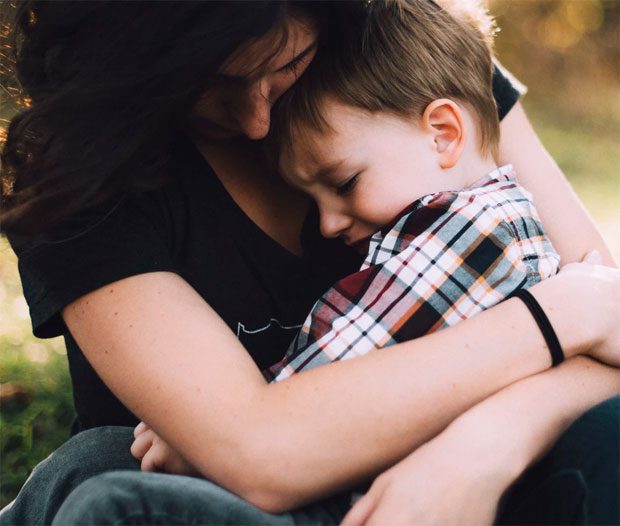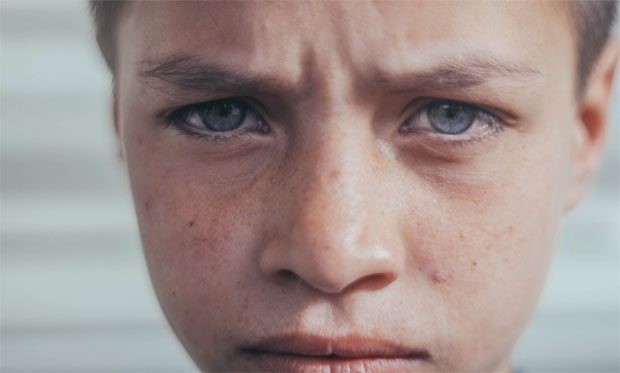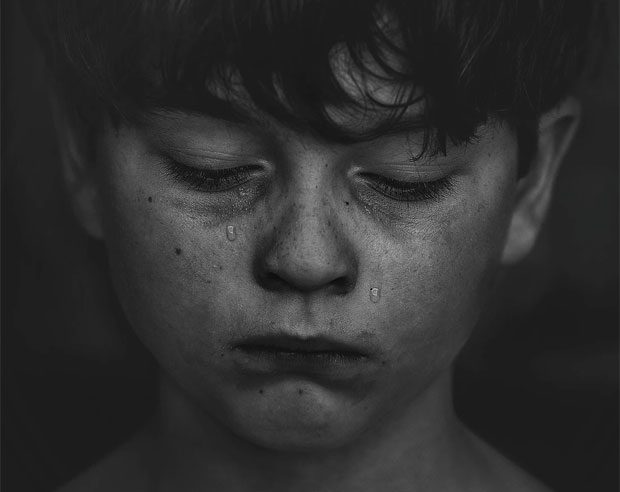How to Help Children Cope with Death
How to Help Children Cope with Death
We hope this guide will help you help children cope with death. The death of someone close to you and your children is a challenging experience for everyone. We provide this practical guide to help you through this period. There is no hard and fast rule for coping with the grief of a child, and each young person is different, as different as adults. However, some general hints and tips may help. Select the advice that you know will work with your child and leave the others.
- Pointer 1: Be honest and transparent
The child’s imagination is powerful. If you hide things or you offer explanations that are not true, then you could be doing more damage. You are looking to be the role model for how they will handle grief in the future.
When you tell the child about the death, use blunt words and to the point. It may hurt to hear the words yourself, but a child cannot understand abstract ideas. The person has not passed and is not asleep. They have not just gone away. The person has died and is dead.
Prepare the child for future events. Describe how people will come and visit and want to talk about the person who has died. Explain the events of the funeral. If you know, explain how it feels to grieve over time. How at first it will be all that you can think about, and the feelings are enormous. Then, as time passes the feelings will grow smaller, and there may be some days that we smile, and we forget. This is okay, and it is okay to be sad too.
- Pointer 2: Give them time to react
A child might not understand immediately what you mean. Remember, they have yet to develop a sense of personal mortality. The permanence of death and loss will take a while to sink in. If they do not react straight away, wait and watch. There will come a time when they need your comfort. Even when it has sunk in, and you feel they have understood the person is not coming back, the child may be easily absorbed or distracted by a game. This is normal; psychologists call it puddle-jumping. It is just how the child’s mind works.
- Pointer 3: Permit them to be upset
Children want to be helpful too. They may mask their feelings because they do not want to upset you. If they cry, let them know that it is fine to be sad and that you are sad too. You may be tempted to hug them and say “Don’t be sad. Everything is okay.” However, you know everything is not okay right now, and you should be sad. Therefore, it is reasonable to cry and not to want to eat or find it difficult to sleep.
Also, if you seek professional help too soon, you may communicate to a child that being upset and distressed are abnormal emotions. This is far from the truth. It is how human beings process loss. It is also possible that a child will show regressive behaviours, such as bed wetting and needing a dummy, this too may pass once the initial power of the loss has passed.
- Pointer 4: When to seek help
The response of children is highly individualised. You should trust yourself and your knowledge of your young person. It is best not to rush to professional advice, but there may be behaviours that continue long beyond healthy that you may want to respond to.
A child under six months may respond to death even though they do not understand what has happened. They may pick up on your emotions and react to this. They may be more prone to tears and more challenging to settle. The emotional health of your baby will settle once your emotional turbulence has settled some. Therefore, your best route to care for the child is to care for yourself.
Older children, who understand the concept of permanence and loss, may show regressive behaviours. In the short term, they may request a dummy again or need to sleep in your bed or wet their bed. They may also fall behind a little in school. If these behaviours continue for a time that feels uncomfortable to you, then you should seek professional advice and support.
Guest Article.









